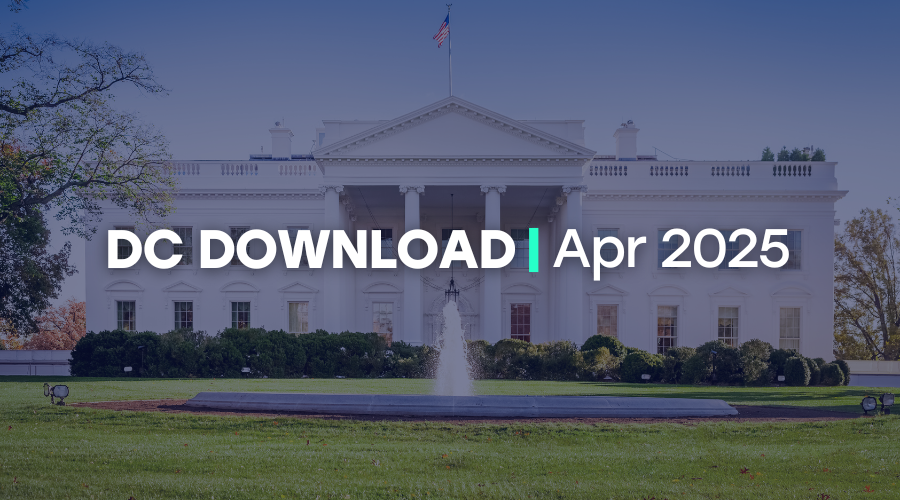Now that Republicans will control the White House and both Houses of Congress in 2017, tax policy experts believe enacting comprehensive tax reform legislation is more likely, while acknowledging that there is a limited time window to do so.
President-elect Donald Trump campaigned on an economic policy proposal whose tax provisions closely mirror the “blueprint” for tax reform released by House Republicans this past summer, which they plan to use as the basis for tax reform legislation. Both the Trump campaign’s and the House Republicans’ proposals retain the charitable deduction, but significantly increase the standard deduction.
In addition, the Trump plan would cap itemized deductions at $200,000 for married-joint filers and $100,000 for single filers. The result of these changes would likely be a significant drop in the number of taxpayers claiming itemized deductions.
Kenneth Kies, former chief of staff to the Joint Committee on Taxation and current managing director of the Federal Policy Group LLC, indicated that the new president, like other first-term presidents, will have a window of opportunity to pass such legislation that may only last through the August congressional recess next year, but that the probability of doing so is now “near 80 percent.”
Experts foresee the use of the fast-track legislative process called budget reconciliation to move a tax reform bill, which could expedite consideration while circumventing the need for 60 votes in the Senate, although opposition from expected incoming Senate Democratic leader Chuck Schumer (R-NY) could prove to be a hurdle.
Source: The Hill



